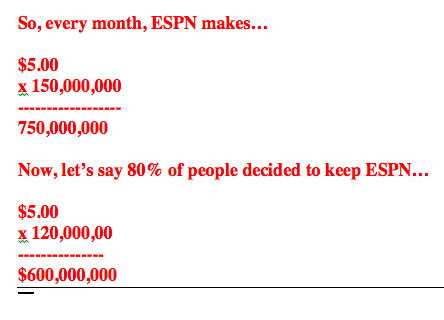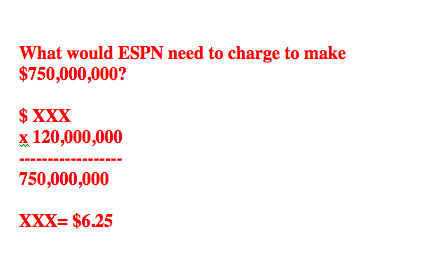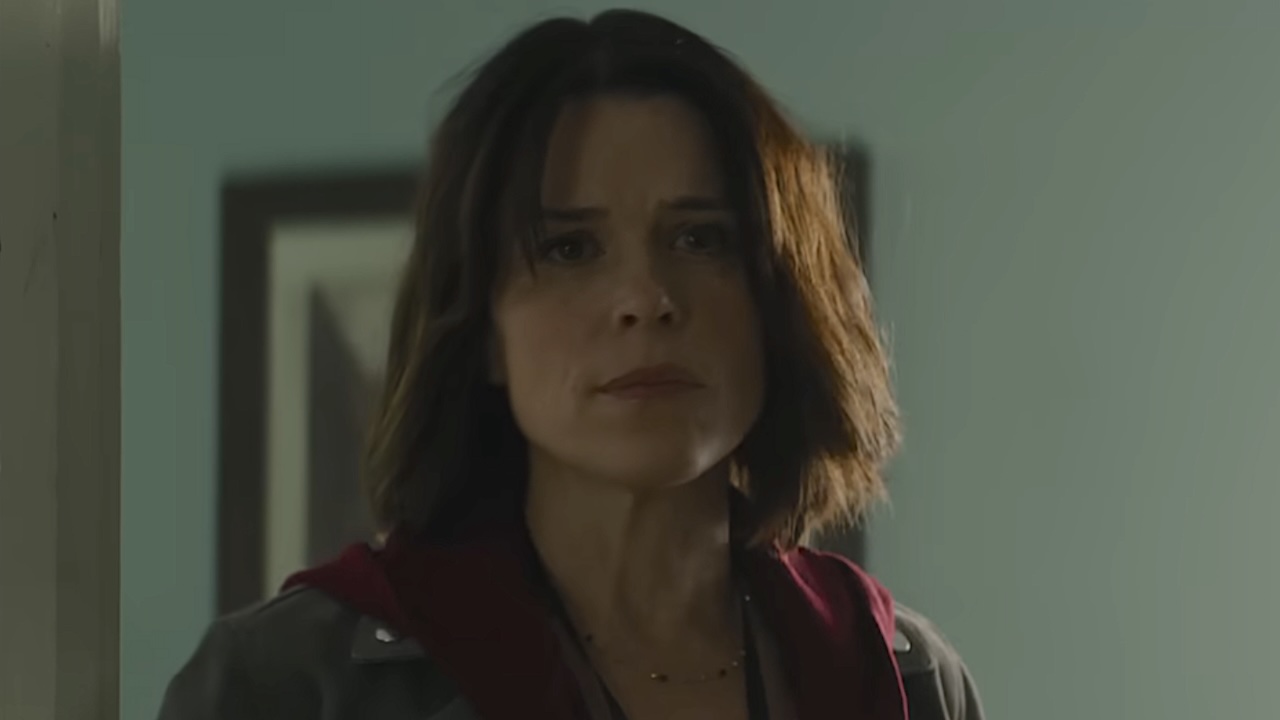Why Time Warner's A La Carte Cable Option Would Suck For Most Of Us

Your Daily Blend of Entertainment News
You are now subscribed
Your newsletter sign-up was successful
The ugly battle between Time Warner Cable and CBS is getting uglier by the minute. This morning, the former shocked the entire cable industry by offering to carry the latter’s channels on a purely a la carte basis, which would allow customers to either opt in for individual channels and pay a bit extra or opt out and pay nothing. Members of Congress have been shouting about such a plan for years, but not surprisingly, CBS was having none of that.
Here’s a look at the network’s actual response, as per Media Post…
“Today’s so-called proposal is a sham, a public relations vehicle designed to distract from the fact that Time Warner Cable is not negotiating in good faith. Anyone familiar with the entertainment business knows that the economics and structure of the cable industry doesn’t work that way and isn’t likely to for quite some time. In short, this was an empty gesture from a company that is expert at them.”
But why wouldn’t it work? It sounds so perfect on paper. We don’t have to bundle things together when we go to the supermarket or to the mall. Almost everywhere in life, we can buy exactly what we want without paying for the bullshit we have no interest in using.
The reason why cable television doesn’t operate on that model is because everyone in the world would choose to have less channels. Everyone. Even me, and I fucking love television. Consequently, all of the networks would then be forced to choose between drastically cutting back programming budgets or raising the rates on the people who don’t want the specific channel. Then, everyone who watches even a moderate variety of channels would wind up with way less for about the same price. Let’s take ESPN, as an example. The network charges more than $5.00 per cable subscriber per month. What would happen if the service were offered on an a la carte basis?
Let’s do some math…

That might sound like a stupid amount of money for any network to make every month, but considering a very sizeable percentage of that loot goes to paying for the rights to broadcast Monday Night Football, the NBA playoffs, Major League Baseball games, college basketball, etc, they really need to be bringing in a stupid amount of money to stay afloat. Obviously, Disney did very well for itself buying the network and is still turning a handy profit, but losing that much income per month would be a disaster. So, what would happen?
Let’s do some more math…
Your Daily Blend of Entertainment News

In theory, paying $1.25 more for ESPN isn’t such a bad thing. That’s a cost you could easily eat for an investment you find worthwhile, but you would have to do the same thing for every channel that you like. How many networks do you actually watch? Think about it. The major networks count now too because they get retransmission fees from cable companies. I bet that figure is higher than you think. What percent of the country do you think would drop Nickelodeon? Half? If so, then anyone with kids would suddenly be paying double for that channel. What about Fox News or MSNBC or CNN? Viewers could select two of the three, and they’d probably wind up paying the same price for those 2 as they did for all 3 originally.
None of us want to pay for crap we don’t watch. I have at least one hundred channels that I rarely watch, but for an overwhelming majority of those channels, I’m paying about a dime or a quarter each. Under an a la carte plan, I would be able to chop each one of those and save myself $10 or $20, but by the time I paid the increased costs for the other channels, I wouldn’t really save any money. In effect, all I would be doing was cockblocking myself out of the option to watch weird networks like Science or Biography that seem like a good idea once in a blue moon.
If you desperately want to order cable simply so you can watch the last episodes of Breaking Bad and a few other random shows, a la carte cable would be a spectacular development for you. For the rest of us who enjoy a semi-wide variety of channels, having a la carte cable would be like going to a buffet, paying the same price and being limited to 40% of the options.
Mack Rawden is the Editor-In-Chief of CinemaBlend. He first started working at the publication as a writer back in 2007 and has held various jobs at the site in the time since including Managing Editor, Pop Culture Editor and Staff Writer. He now splits his time between working on CinemaBlend’s user experience, helping to plan the site’s editorial direction and writing passionate articles about niche entertainment topics he’s into. He graduated from Indiana University with a degree in English (go Hoosiers!) and has been interviewed and quoted in a variety of publications including Digiday. Enthusiastic about Clue, case-of-the-week mysteries, a great wrestling promo and cookies at Disney World. Less enthusiastic about the pricing structure of cable, loud noises and Tuesdays.
